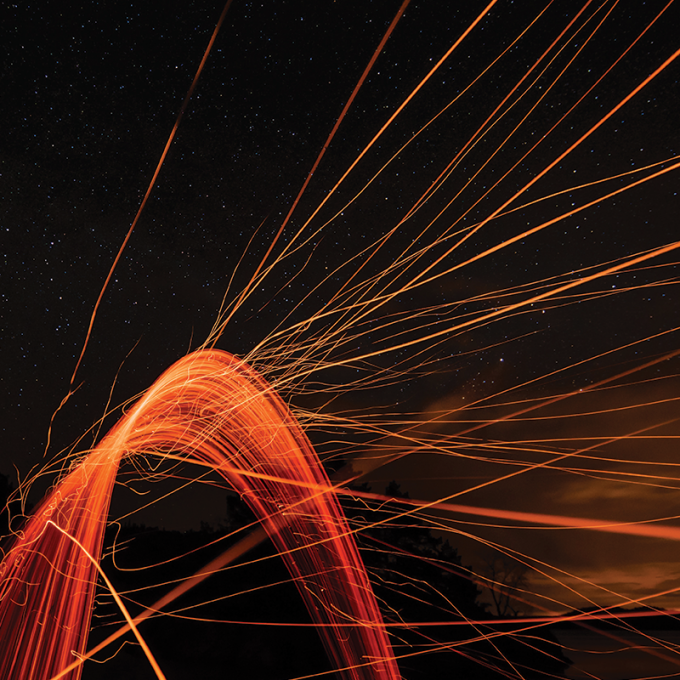Professor Buckley specializes in astrophysical research in high-energy phenomena. His research interests include the origin of cosmic rays, gamma-ray and multi-wavelength observations of active galaxies and experimental cosmology.
Awards & Honors
Google Scholar h-index: 83 with over 24,500 citations
| 2020 | Fellow of the American Physical Society |
| 2016 | Outstanding Referee for Physical Review Letters |
| 2004 | The Academy of Science of St. Louis Innovation Award |
| 1998 | Department of Energy, Outstanding Junior Investigator Award |
| 1997 | The Shakti Duggal Award - 25th International Cosmic Ray Conference |
| 1996 | Smithsonian Institution Special Achievement Award |
| 1989-1992 | NASA Graduate Student Researchers Program grant |
Activities
-
Leader of the cold-electronics task in the ADMX collaboration, working with WU faculty Murch and Henriksen on the development of quantum-limited-sensors for the current experiment and the proposed ADMX-EFR experiment.
-
Development of quantum-noise limited sensors for dark matter searches, including a new DOE-funded program to grow high quality NbTiN superconducting thin films by Molecular Beam Epitaxy to produce parametric amplifiers and other devices that can operate in a high magnetic field.
-
PI of an NSF ATI proposal to add a wide-field, high-speed optical monitoring capability to VERITAS for searches for stellar occultation by outer solar system bodies, and to search for optical counterparts of astrophysical transients such as Fast Radio Bursts.
-
Founding member of VERITAS and the US-CTA consortium and contributor to the development of the field of ground-based gamma-ray astronomy. Technical contributions to the experiments include the design of key elements of the camera readout electronics.
-
Early work on establishing the potential of ground-based gamma-ray measurements (and multi wavelength data) for studying active galaxies, searching for the origins of galactic cosmic rays (through observations of supernova remnants), and searching for gamma-ray signatures of annihilating dark matter.
-
Spokesperson for the Advanced Particle-astrophysics Telescope (APT) - A probe-class mission concept aimed at providing instantaneous all-sky coverage of MeV transients for multi messenger studies of compact-object mergers and to continue the work of Fermi to constrain the natural parameter space for WIMP dark matter.
-
PI and Spokesperson of ADAPT - an approved NASA suborbital mission for MeV-GeV gamma-ray measurements (and pathfinder for APT) scheduled for a 2025 flight from McMurdo, Antarctica.

